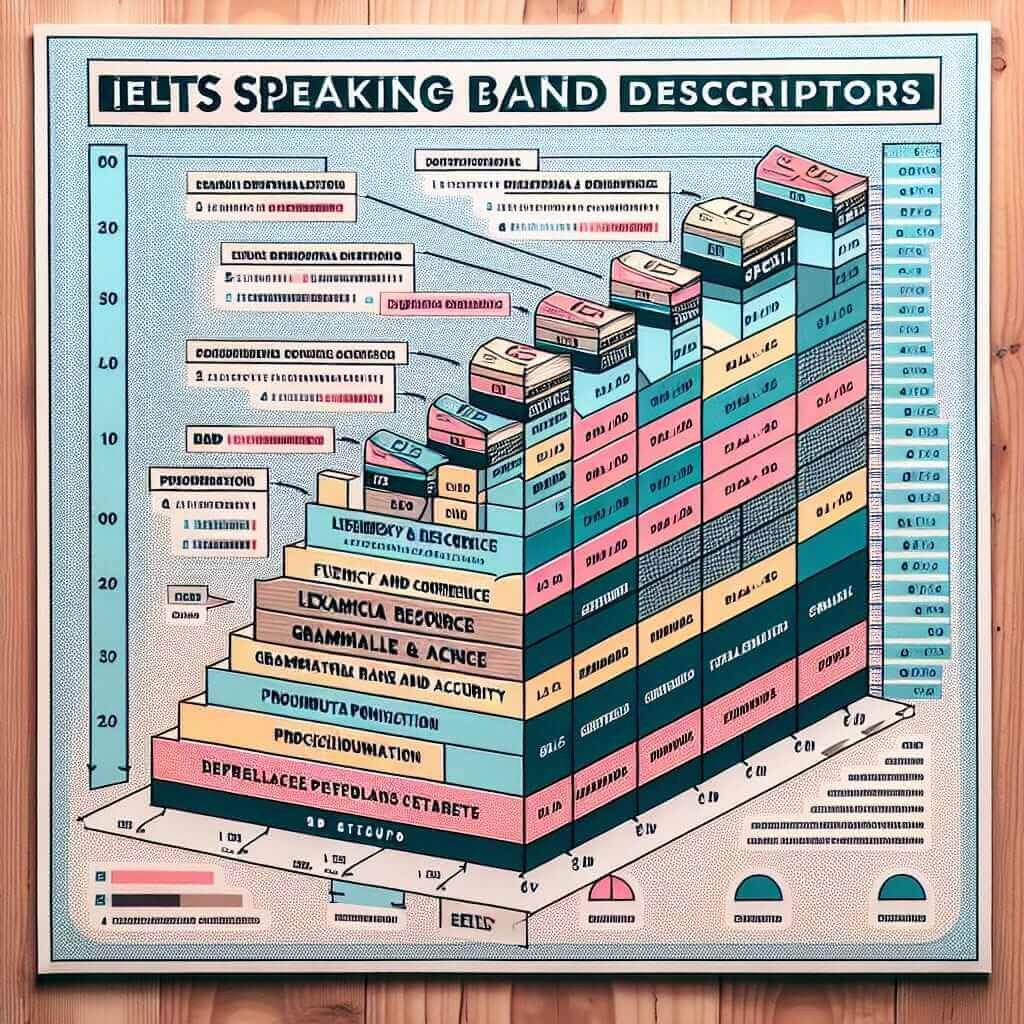As an IELTS instructor with over 20 years of experience, I often encounter this question from students preparing for their IELTS Writing exam. It’s a valid concern, as the structure of your essay can significantly impact your score. So, let’s address the elephant in the room – do we really need a conclusion for IELTS Writing Task 2?
Nội dung bài viết
The Importance of a Conclusion
The short answer is YES, a conclusion is essential for a high-scoring IELTS Writing Task 2 essay. While it’s true that you won’t be penalized for omitting a conclusion, remember that the IELTS Writing test assesses your ability to produce a well-structured, coherent piece of writing. A conclusion acts as a powerful tool to:
- Reinforce your main ideas: It allows you to summarize the key points discussed in your body paragraphs, reminding the examiner of your overall argument.
- Demonstrate a logical flow: A conclusion signals the end of your essay, providing a sense of closure and completeness.
- Showcase your language skills: It’s another opportunity to exhibit your vocabulary and grammatical range, further enhancing your band score.
How to Write an Effective Conclusion
Now that we’ve established the importance of a conclusion, let’s explore how to craft one that leaves a lasting impression on the examiner:
- Keep it concise: Aim for 2-3 sentences; avoid introducing new ideas or arguments.
- Restate your thesis: Paraphrase your main argument from the introduction, showing how you’ve successfully addressed the task.
- Summarize key points: Briefly mention the main supporting ideas discussed in your body paragraphs, highlighting their relevance to your overall argument.
- Offer a final thought: You can conclude with a prediction, a recommendation, or a thought-provoking statement related to the topic. However, avoid being overly opinionated or using emotional language.
 ielts-writing-test
ielts-writing-test
Example from an IELTS Essay
Let’s say the essay topic is:
“Some people believe that the best way to improve public health is by increasing the price of unhealthy food. To what extent do you agree or disagree?”
Here’s how a conclusion for this essay might look:
In conclusion, while increasing prices on unhealthy food might seem like a quick solution, it is not a guaranteed method for improving public health. Education, coupled with promoting healthy lifestyle choices, is likely to be a more effective and sustainable approach in the long run.
Tips for Writing a Strong Conclusion:
- Use transition words: Phrases like “in conclusion,” “to summarize,” or “in essence” help to signal the end of your essay.
- Avoid repetition: While you’ll restate your main ideas, use different wording than in your introduction and body paragraphs.
- Proofread carefully: Ensure your conclusion is free from grammatical errors and spelling mistakes, as these can negatively impact your score.
Remember, a well-crafted conclusion can elevate your IELTS Writing Task 2 essay and help you achieve your desired band score. Don’t underestimate its power!


